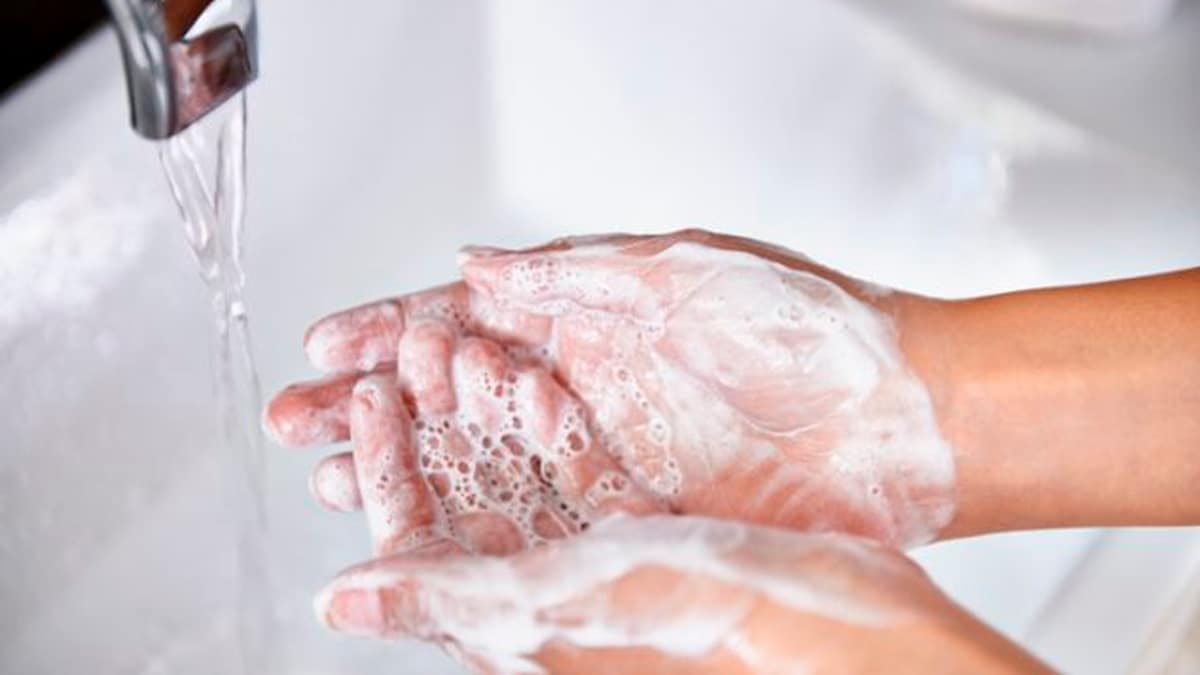Today is World Hand Hygiene day, organised by the World Health Organisation with the aim of increasing awareness of effective hand washing.
Every day we touch many things covered with germs. Washing our hands frequently and thoroughly can protect ourselves from picking up infections and also stop other people from catching any sickness we are carrying.

When should you wash your hands?
- When your hands look or feel dirty
- After going to the bathroom or assisting someone in the bathroom
- When using public transport
- Before or after preparing and eating food
- After sneezing, coughing or blowing your nose
- Before and after cleaning an injury
- After handling bodily fluids such as blood or vomit
- When visiting a healthcare facility such as a hospital or GP
- After handling rubbish
- After using public buttons such as pedestrian crossings, ATMs or elevators
- After playing with animals (2)(3).
Keeping your hands clean at these times can help to prevent the spread of germs.
How do you wash your hands?
- Before washing your hands, remove all jewellery if possible, as rings, watches and bracelets can protect microorganisms from being removed during hand washing (1).
- Wet your hands with warm running water from the tap, then turn it off.
- Apply liquid soap to your hands and start rubbing your palms together, followed by rubbing the backs of your hands. Liquid soap allows the germs to be lifted off the skin when rubbing.
- Interlace your fingers and rub back and forth, don’t forget to also clean your thumbs, finger tips and under your finger nails.
- Wash your hands under warm running water, making sure all of the soap has been removed.
- Dry your hands thoroughly using a paper towel and use the paper towel to turn off the tap in order to prevent putting germs back on your hands (2).
You can also use an alcohol-based hand rub with at least 60% alcohol concentration, follow the same guidelines for how to rub your hands, however, you’ll only need to rub until all surfaces have been covered and it begins to dry (3).

Skin maintenance:
Using thorough hand hygiene can leave our skin feeling dry. Try:
- Using warm water to wash your hands instead of hot water, as it is more drying.
- Using a soap with moisturising agents.
- Using a moisturising cream, ointment or balm regularly to keep moisture inside your skin.
- Find an alcohol hand rub which contains skin conditioners to reduce dryness (3).
Read more of our healthy tips here.
Book an appointment with our chiropractor, massage therapists or naturopath online here or call 9651 5559.
Sources:
(1) Better Health. (2015). Hand washing – Why it’s important. https://www.betterhealth.vic.gov.au/health/ConditionsAndTreatments/handwashing-why-its-important
(2) Health Direct. (2020). Hand washing. https://www.healthdirect.gov.au/hand-washing
(3) Weatherspoon, D. (2020). 7 steps to washing your hands properly. https://www.healthline.com/health/7-steps-of-handwashing
